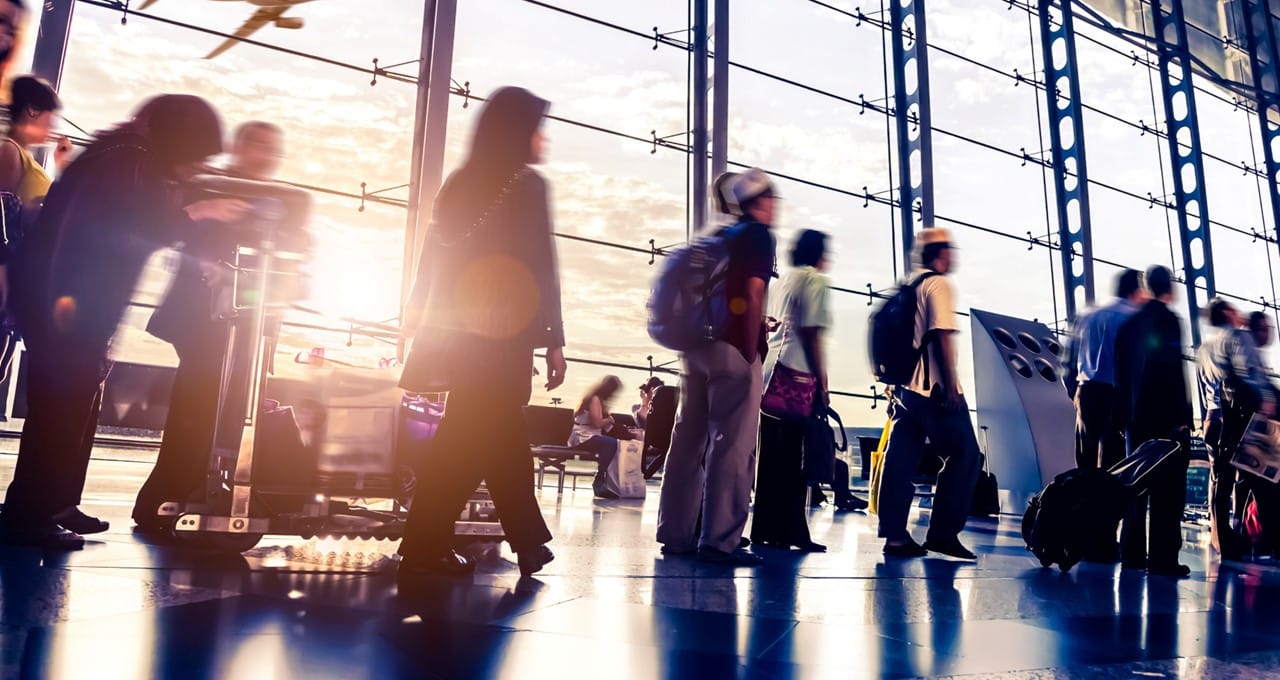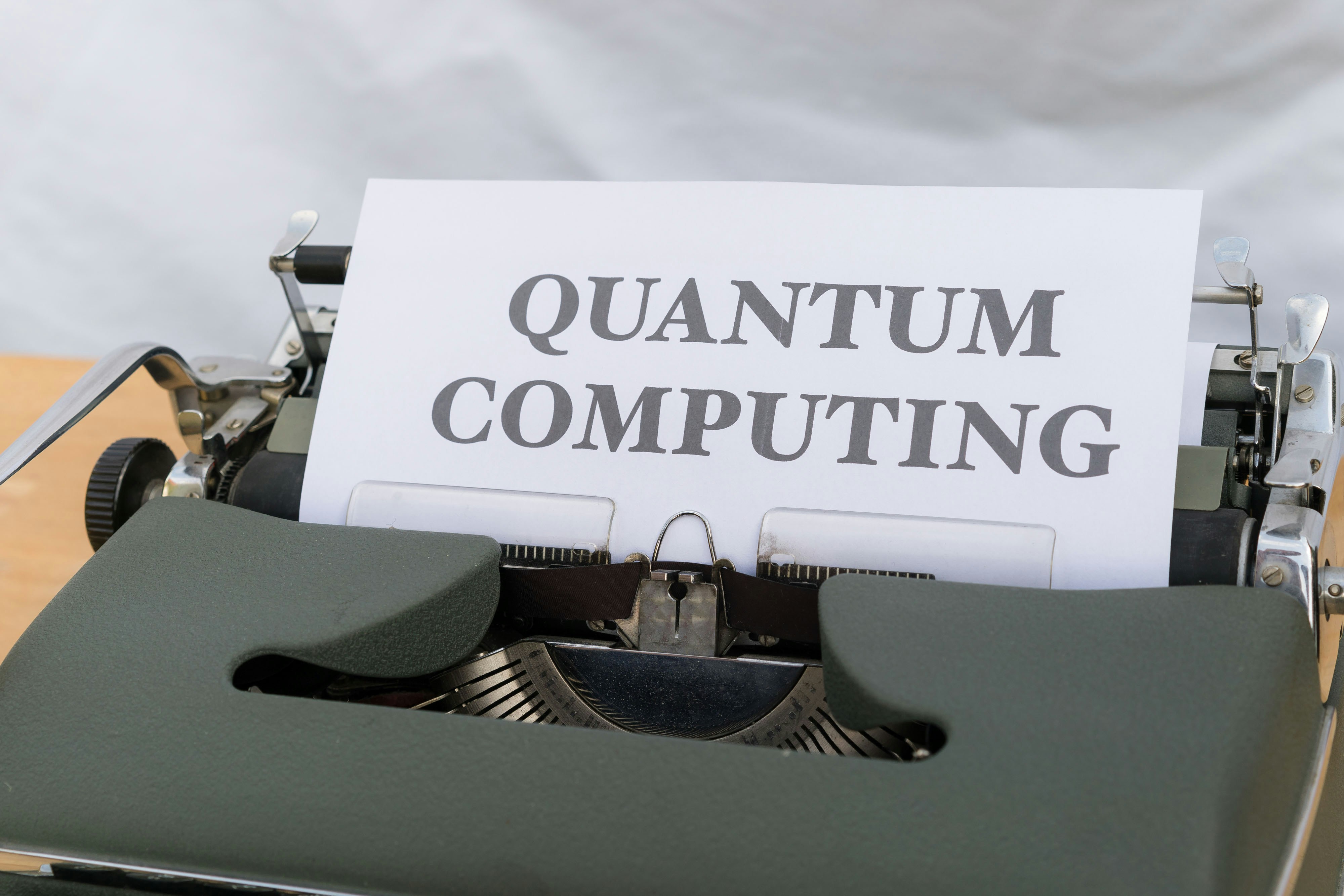
Toronto Pearson Worldwide Airport, in Ontario, Canada, is the nation’s largest and busiest airport, serving some 50 million passengers annually.
To boost traveler experiences, the airport in June deployed the Zensors AI platform, which makes use of anonymized footage from present safety cameras to generate spatial knowledge that helps optimize operations in actual time.
A member of the NVIDIA Metropolis imaginative and prescient AI companion ecosystem, Zensors helped the Toronto Pearson operations group considerably scale back wait occasions in customs strains, lowering the typical time it took passengers to undergo the arrivals course of from an estimated 30 minutes throughout peak durations in 2022 to simply beneath six minutes final summer season.
“Zensors is making visible AI straightforward for all to make use of,” stated Anuraag Jain, the corporate’s cofounder and head of product and expertise.
Scaling multimodal, transformer-based AI isn’t straightforward for many organizations, Jain added, so airports have usually defaulted to conventional, much less efficient options primarily based on {hardware} sensors, lidar or 3D stereo cameras, or look to enhance their operations by renovating or constructing new terminals as a substitute — which may be multibillion-dollar initiatives.
“We offer a platform that enables airports to as a substitute assume extra like software program corporations, deploying faster, cheaper and extra correct options utilizing their present cameras and the newest AI applied sciences,” Jain stated.
Rushing Airport Operations
To fulfill the rising journey calls for, Toronto Pearson wanted a manner to enhance its operations in a matter of weeks, slightly than the months or years it might usually take to improve or construct new terminal infrastructure.
The Zensors AI platform — deployed to watch 20+ customs strains in two of the airport’s terminals — delivered such an answer. It converts video feeds from the airport’s present digital camera programs into structured knowledge.
Utilizing anonymized footage, the platform counts what number of vacationers are in a line, identifies congested areas and predicts passenger wait occasions, amongst different duties — and it alerts workers in actual time to hurry operations.
The platform additionally provides analytical studies that allow operations groups to evaluate efficiency, plan extra successfully and redeploy workers for optimum effectivity.
Along with offering airport operators data-driven insights, reside wait-time statistics from Zensors AI are revealed on Toronto Pearson’s on-line dashboard, in addition to on digital shows within the terminals. This lets passengers simply entry correct details about how lengthy customs or safety processes will take. And it will increase buyer satisfaction total and reduces potential anxieties about whether or not they’ll be capable to make connecting flights.
“The analyses we get from the Zensors platform are proving to be very correct,” stated Zeljko Cakic, director of airport IT planning and improvement on the Higher Toronto Airport Authority, Toronto Pearson’s managing firm. “Our aim is to enhance total buyer expertise and scale back wait occasions, and the info gathered by way of the Zensors platform is likely one of the key contributors for decision-making to drive these outcomes.”
Correct AI Powered by NVIDIA
Zensors AI — constructed with imaginative and prescient transformer fashions — provides insights with a formidable accuracy of about 96% in comparison with when people validate the data manually. It’s all powered by NVIDIA expertise.
“The Zensors mannequin improvement and inference run-time stack is successfully the NVIDIA AI stack,” Jain stated.
The corporate makes use of NVIDIA GPUs and the CUDA parallel computing platform to coach its AI fashions, together with the cuDNN accelerated library of primitives for deep neural networks and the NVIDIA DALI library for decoding and augmenting pictures and movies.
With checkpoints at Toronto Pearson open 24/7, Zensors AI inference runs across the clock on NVIDIA Triton Inference Server, an open-source software program out there by way of the NVIDIA AI Enterprise platform.
The corporate estimates that utilizing NVIDIA Triton to optimize its inference run-time decreased its month-to-month cloud GPU spending by greater than 20%. On this manner, NVIDIA expertise allows Zensors to supply a high-availability, production-grade, totally managed service for Toronto Pearson and different purchasers, Jain stated.
“In the present day, plenty of corporations and organizations need to undertake AI, however the onerous half is determining the best way to go about it,” he added. “Being part of NVIDIA Metropolis provides us one of the best instruments and allows extra visibility for potential finish customers of Zensors expertise, which in the end lets customers deploy AI with ease.”
Zensors can also be a member of NVIDIA Inception, a free program that nurtures cutting-edge startups.
Visible AI for the Way forward for Transportation
Amongst many different prospects who use Zensors AI is Eire’s Cork Airport, which makes use of the platform to optimize its operations from curb to gate. In June, Zensors AI was deployed throughout the airport in simply 20 days and, in lower than 4 months, the platform helped save about 90 hours of congestion time by way of proactive curbside site visitors administration.
“Aviation is only one a part of mobility,” Jain stated. “We’re increasing to rail, bus and multimodal transit — and we imagine Zensors will present the layer of intelligence to finally convey AI to all kinds of brick-and-mortar operators.”
Trying ahead, the corporate is working to include generative AI and enormous language fashions into the question-answering capabilities of its platform in a secure, dependable manner.
Study extra in regards to the NVIDIA Metropolis platform and the way it’s utilized in sensible cities and areas to construct smarter, safer journey hubs, together with at Bengaluru Airport, considered one of India’s busiest airports.



